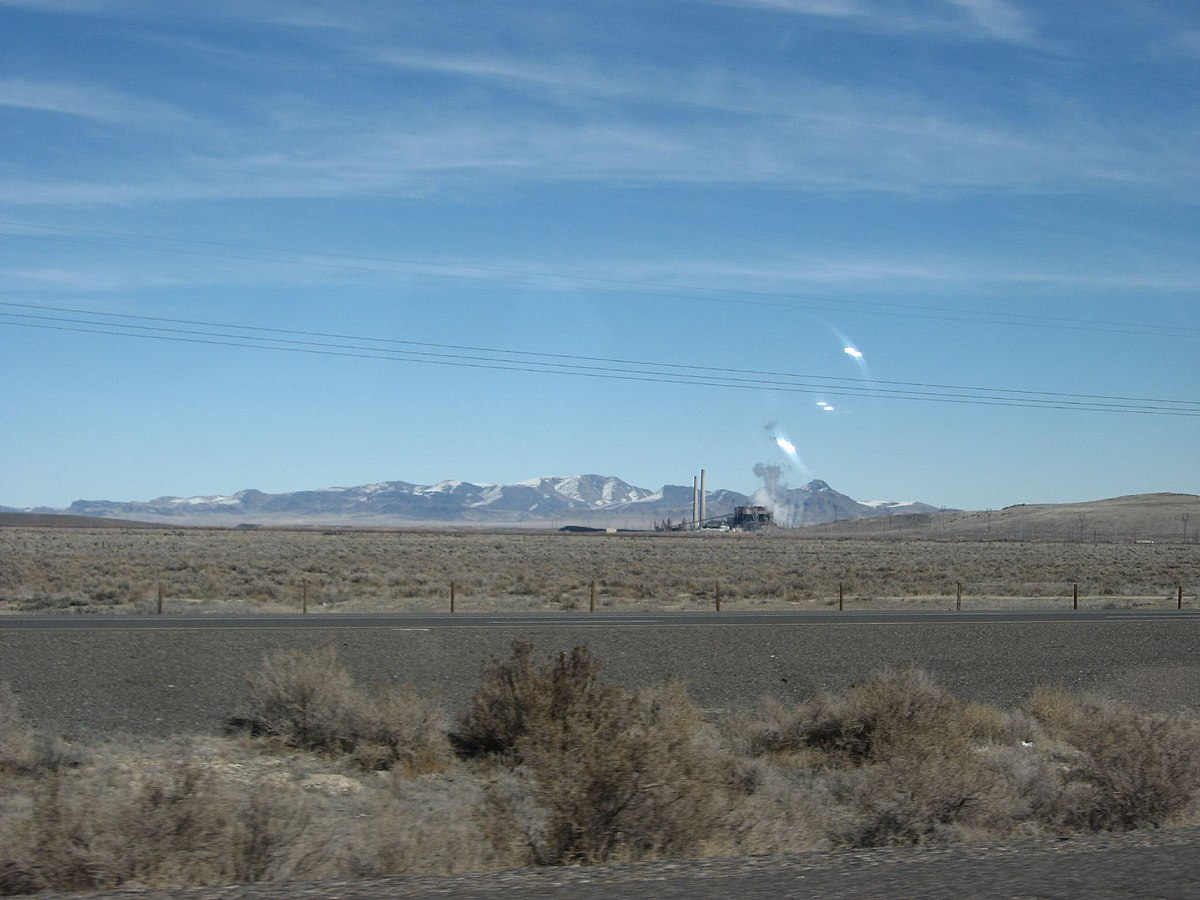It shouldn't be Tesla's responsibility...
I agree. To take it a step farther, I think our congress should alter the IRS rule to give batteries an income tax credit whether a part of a solar installation or not. But if we think getting Tesla to change it's policy is hard, the IRS is a whole other kettle of electrons. ;-)
In the meant time, your question should go to a tax accountant. In my case, with one PowerWall added to a preexisting solar, we took ITC on the solar but did not take it on the battery. In my talks with Tesla, I sent a copy of my IRS form for the PowerWall year which shows roll over from the solar but no additional claim that year. Tesla understood that. IRS too.
My speculation on your case goes like this: Taxation is mostly an honor system, so you might just file for the third PW and be sure to keep records of your charging for the unlikely case that you were audited. IRS has no other way to see what charged what, as your PowerWalls doesn't send in 1099's or any such. Worst case would be that IRS eventually disallows your ITC, in which case you'd be no worse off than if you hadn't claimed it. But talk to an expert and be sure to ask about the worst case.
An example of this issue is Storm Watch. In
this Energy Department Homeowners Guide, it says that "Energy storage devices that are charged exclusively by the associated solar PV panels..." can be included in ITC claims. Key word here is "exclusively". Storm Watch violates this. But Tesla seems to think that is OK, and we've heard of no contests from IRS. My point is that IRS is is not being hard edged on this. Good faith effort to comply may be enough.
I wonder what Enphase and LG have to say about this, given that their systems do allow grid charging.
SW





